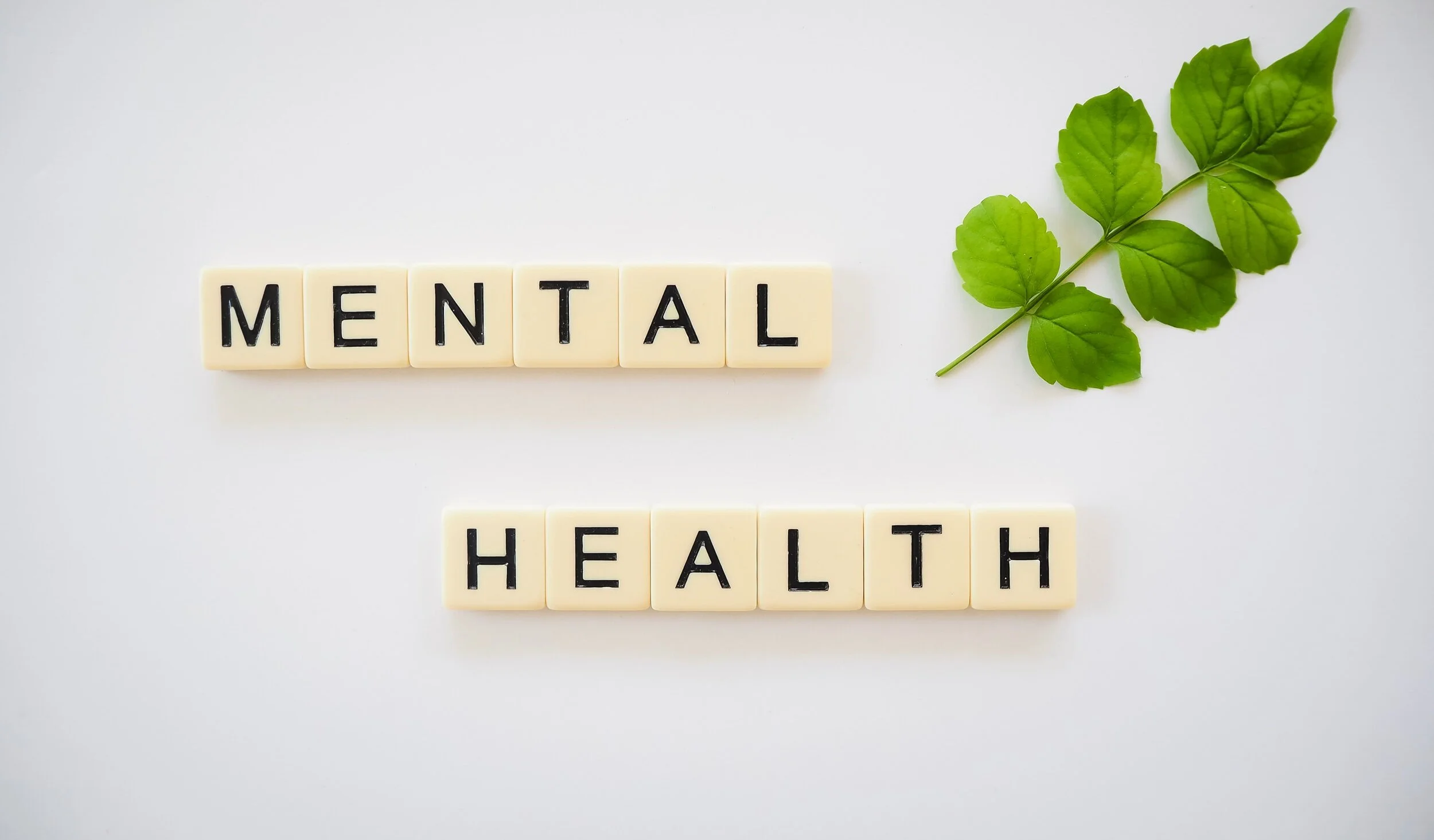This week I wanted to touch on why our mental health is important and shed some light on how many of us are affected by mental health issues and its residual effects.
What is mental health?
It’s your psychological well being impacted by how you think, feel, and respond to situations in your life. Mental health has not always been a priority in our country and we are seeing it’s effects on our communities. People are more likely to focus on their physical health, go to the dentist regularly, go to their primary care etc. but are less likely to seek help and support for their mental health. But when we don’t take care of our mental health this can have an impact on our relationships, physical health, and how we perceive the world around us.
For example, stress, when not dealt with can lead to health high blood pressure, heart disease, obesity, and diabetes.
Not addressing your mental health can affect your physical health. It’s all interconnected.
Can your mental health change over time?
The answer is YES! I think the misconception is “I have depression so that means I will always have depression”, but that’s not necessarily true. I think that mindset can lead us to feeling hopeless and that it is out of our control to feel better and think differently about things. People can overcome their depression or anxiety etc. it’s also possible to learn ways and strategies to prevent future episodes or decrease the intensity of the episode.
Now length of time for making progress is different for everyone and that is okay as each of our experiences and life circumstances are unique to us so our journey towards healing will not always look the same as someone else’s.
Here are some interesting and thought provoking facts on mental health in the United States
Mental health problems are very common
1 in 5 adults with mental health issues.
1 in 10 young people experience episode of depression
1 in 25 with severe and persistent mental illness schizophrenia, bipolar, or major depression
Suicide 10th leading cause of death in the US; more than double the lives lost to homicide
1 in 6 youth between 6-17 experience mental health disorder each year
43.3 % of adults with mental illness received treatment 2018
50.6% of youth with mental health disorder received treatment in 2016
Average delay between onset of mental illness and treatment is 11 years
This statistic really stands out to me about how long people will wait before seeking professional help...not weeks or months...YEARS
People with depression have a 40% higher chance of developing cardiovascular and metabolic diseases.
19.3% of adults with mental illness also experienced a substance use disorder
High school students with significant depression are more than 2x as likely to dropout of school compared to their peers
Suicide 2nd leading cause of death in those aged 10-34
Overall suicide rate increased by 31% since 2001
46% of those who died by suicide were diagnosed with a mental health condition
Percentage of those with severe thoughts of suicide annually 4.3% of all adults; 11% of young adults 18-25; 17.2% of high school students
A couple world statistics
Depression is leading cause of disability worldwide
Depression and anxiety cost the world economy 1 trillion in lost productivity each year
source
https://www.nami.org/learn-more/mental-health-by-the-numbers
The impact is real
If you or a loved one are struggling and need additional support, please seek out care.
I specialize in working with women who are looking for postpartum depression treatment helping them find joy, relief, and balance in their lives.
For a happier, healthier you send me a message on my contacts page to get started today!
with care,
alison

